
Carolyn Gramling
Earth & Climate Writer, Science News
Carolyn is the Earth & Climate writer at Science News. Previously she worked at Science magazine for six years, both as a reporter covering paleontology and polar science and as the editor of the news in brief section. Before that she was a reporter and editor at EARTH magazine. She has bachelor’s degrees in Geology and European History and a Ph.D. in marine geochemistry from MIT and the Woods Hole Oceanographic Institution. She’s also a former Science News intern.

All Stories by Carolyn Gramling
-
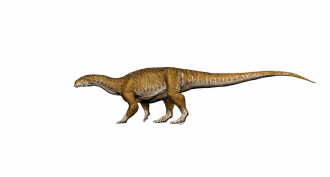 Fossils
FossilsThere’s more than one way to build a giant dinosaur
Some early long-necked dinosaurs may have built big bodies from a different blueprint than their later giant relatives.
-
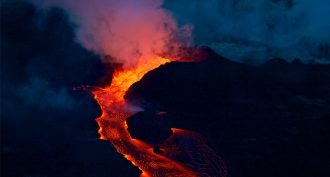 Earth
EarthKilauea’s volcanic fireworks show no signs of stopping
Watch some of the most striking videos and images of the ongoing eruption’s strange, fiery beauty.
-
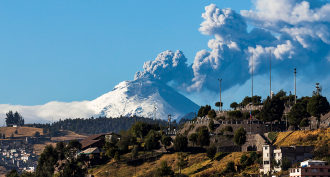 Earth
EarthAfter erupting, one volcano sings a unique ‘song’
After a strong eruption in 2015, one Ecuadoran volcano “rang like a bell.”
-
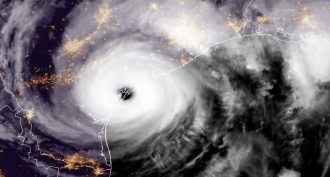 Climate
ClimateTropical cyclones are getting more sluggish
Hurricanes and other storms are traveling more slowly than they used to. That might mean even more rainfall for communities they batter.
-
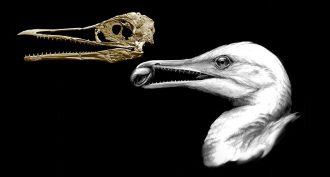 Fossils
FossilsThis extinct bird boasted dinosaur-like teeth
Fossil skulls from an ancient bird shows this flyer had a beak — but dino-like chompers to chew through its prey.
-
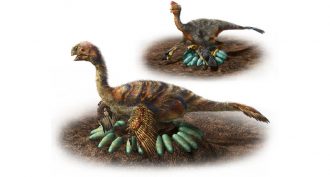 Fossils
FossilsHefty dinosaurs had a trick for sitting on eggs safely
To keep their eggs warm without squashing them, some heavy dinosaurs laid eggs in a ring and sat in a space at the middle.
-
 Oceans
OceansSmall swimmers may play huge role in churning the seas
Hoards of migrating shrimp and krill can cause large-scale water movements in the ocean, a new study suggests.
-
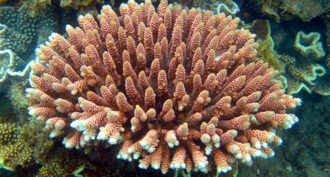 Oceans
OceansOcean heat waves are on the rise — and killing coral
Ocean heat waves are becoming hotter and more frequent. And one can be blamed for the 2016 coral deaths on the Great Barrier Reef.
-
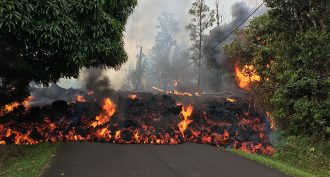 Earth
EarthHow long will Kilauea’s new eruption last?
A government volcano expert answers burning questions about the ongoing Kilauea eruption.
-
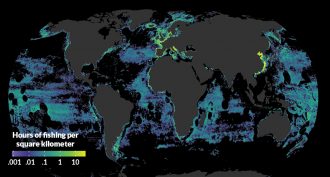 Oceans
OceansMore than half the world’s ocean area is actively fished
Fleets harvest fish from 55 percent of the world’s total ocean area. Just a handful of countries play an outsized role fishing the open ocean, far from coasts.
-
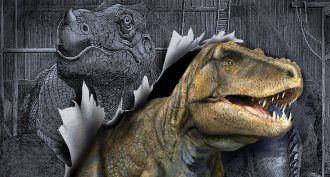 Life
LifeDefining a dinosaur is now far harder
New fossil finds are making it difficult to say for certain what makes dinosaurs unique.
-
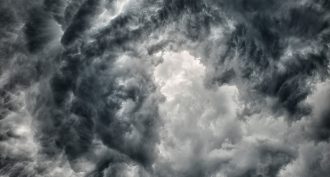 Climate
ClimateSuper-tiny pollutants may help fire up fierce storms
Tiny pollutant particles floating in air may help create clouds and wind, strengthening storms.